Parents often look forward to two big milestones in their baby’s development – their first word, and learning to walk. But walking is a really difficult thing to do and there are always a few bumps along the way. So, while it’s good to encourage your little one to try new skills, avoid pushing them too hard, as they could lose confidence.
Things to remember
It’s important to remember that all babies develop at different speeds and you shouldn’t be overly concerned if your wee one is going at their own pace. This is especially true if your baby is born premature.
Learning new physical skills isn’t easy for babies and can sometimes cause them to get upset and cry. This can be hard for you too, so remember to ask family and friends for support, or speak to your Health Visitor or Family Nurse for advice.
Learning to balance
The first thing babies need to do before learning to walk is learn to balance. Helping them to gain strength and control to balance their head upright is really important, as their head is very heavy.
The best things you can do at this stage is give them plenty of tummy time and changes of position, and help develop their sitting skills.
Learning to stand
The next big step for your baby is working out how to stand, and then stay standing! This comes in several stages.
From about 4 to 6 months, your baby will begin to take some of the weight when you support them. You might also notice over time they start to bend their legs and bounce. Eventually they’ll be able to stand with you just holding their hands. Don’t worry if your baby curls their toes at this stage, it’s just to help with their balance.
From about 7 to 9 months when your baby has good head control and balance, you can begin to try some pull ups. Here’s some ideas on how to do them.
- Start by picking a piece of furniture that’s secure, solid and low enough for your little one to practise pulling themselves up
- Put some of their favourite toys on top so your baby has to pull themselves up to reach them
- Kneel in front of the furniture with your baby on your knee and then help them to stand
- At first your baby might pull up with their arms, but they’ll gradually start to push with their legs as they get stronger. Don’t worry if you do most of the work to start with, gradually your baby will get the strength and skill to do more
- Once that happens, try placing your kneeling baby at the surface and see if they will pull themselves up. You might need to help with a hand under their bottom to get fully into a standing position.
This video from NHSGGC has more tips to help baby find their feet and this video shows how you can support your baby when they’re standing.
Big toys for better balance
This is also a good time to develop better balance by using big toys. Try supporting your baby to sit on a rocking horse, or in a small swing seat. Slow gentle movements will let your wee one get used to the rhythm, which they will use to coordinate their own movement. This type of activity is also great for developing their confidence with heights.
Does my baby need to wear shoes?
Little ones who aren’t yet walking don’t usually need shoes, but you might want to get them soft shoes to help protect their feet and keep them warm when outside. You should also regularly check that their little toes have enough room to move.
Staying safe
When your baby gets the knack of climbing, they’ll be off trying to climb all kinds of things. To keep them safe, always make sure:
- All stairs have gates at the top and the bottom
- You never let your little one go up or down stairs on their own
- All climbing activities are supervised until your wee one is at least 2 years old
- Low furniture is kept away from windows and that windows have locks or safety catches fitted to stop your baby climbing out
Should I be worried?
Your baby learning to walk is not a race, so try not to compare them with others. But if your baby is not walking independently by 18 months, then you should speak to your Health Visitor or Family Nurse for advice. Or if you have any other concerns at any stage of your baby’s development, you can also discuss this with your Health Visitor or Family Nurse.
If you have twins, triplets or more they may take a bit longer to reach milestones, especially if they were born prematurely. It’s best to talk to your health visitor if you have any concerns. You can find out more about milestones for multiples on the Twins Trust website.
Learning new physical skills can be hard for babies and it’s normal for them to cry. If they get really frustrated, they can cry in an angry way and their faces can turn quite red. You might find this worrying, but as long as your baby is not having breathing difficulties, there is nothing to be alarmed about. Just try to comfort and settle your baby as normal.
 Activities & Play
Activities & Play Behaviour
Behaviour Childcare
Childcare Development & Growing Up
Development & Growing Up Family, Friends & Relationships
Family, Friends & Relationships Feeding Your Baby
Feeding Your Baby Food & Eating
Food & Eating Health & Safety
Health & Safety Mental Health & Wellbeing
Mental Health & Wellbeing Money & Work
Money & Work Online Behaviour & Safety
Online Behaviour & Safety Pregnancy & First Days
Pregnancy & First Days School & Education
School & Education Sleep
Sleep

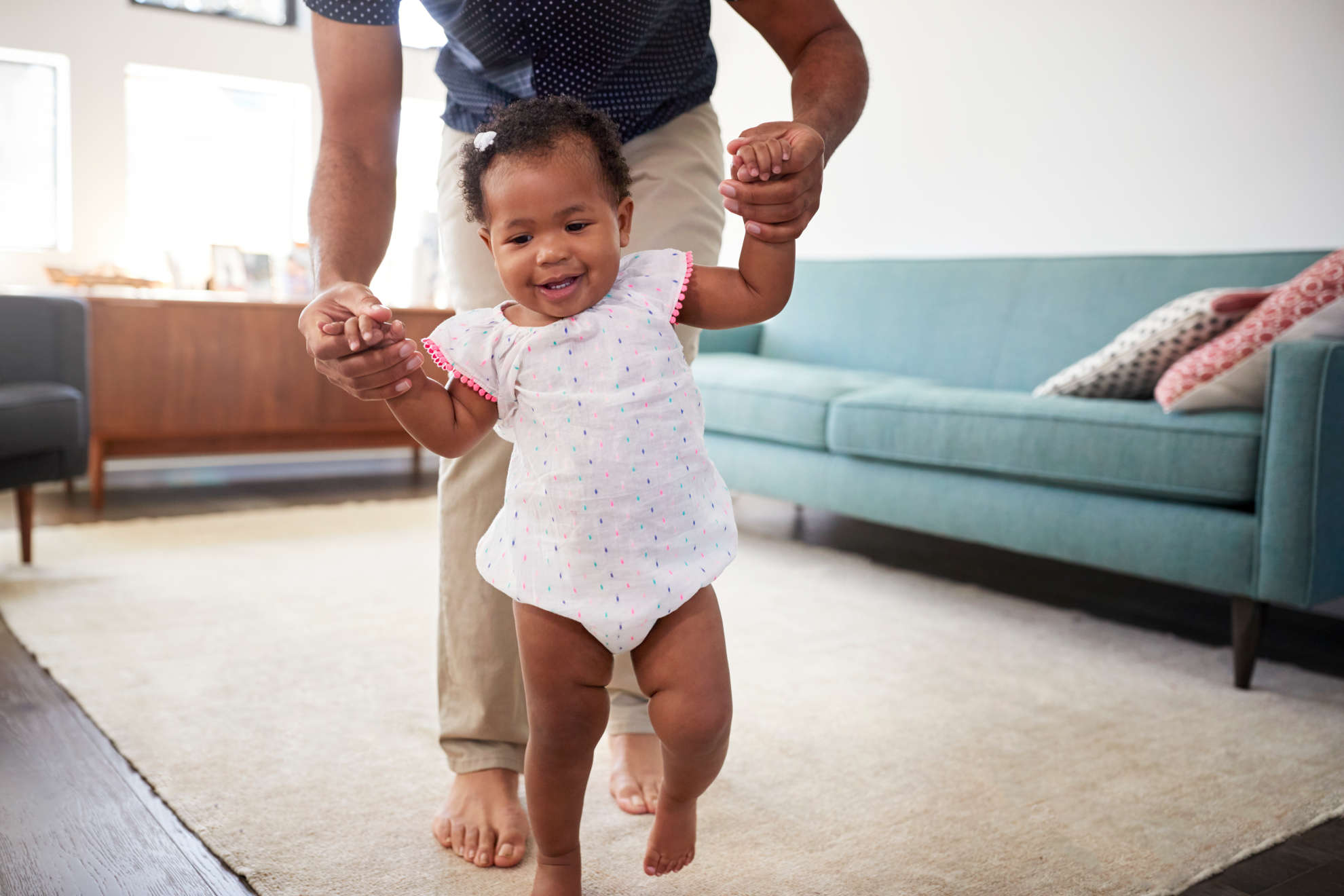
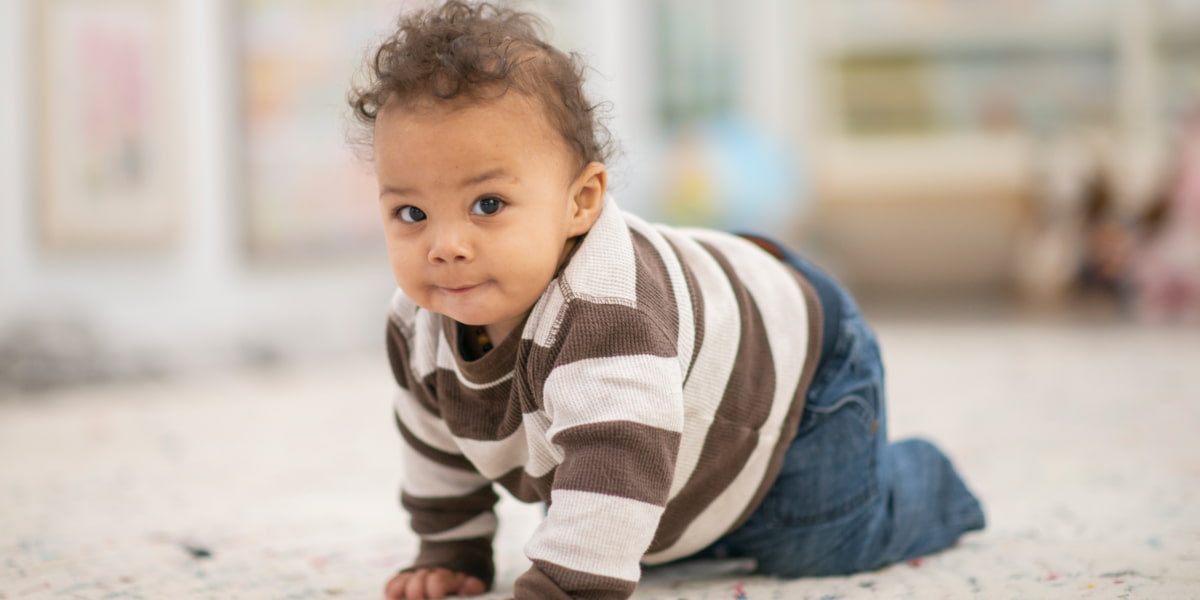
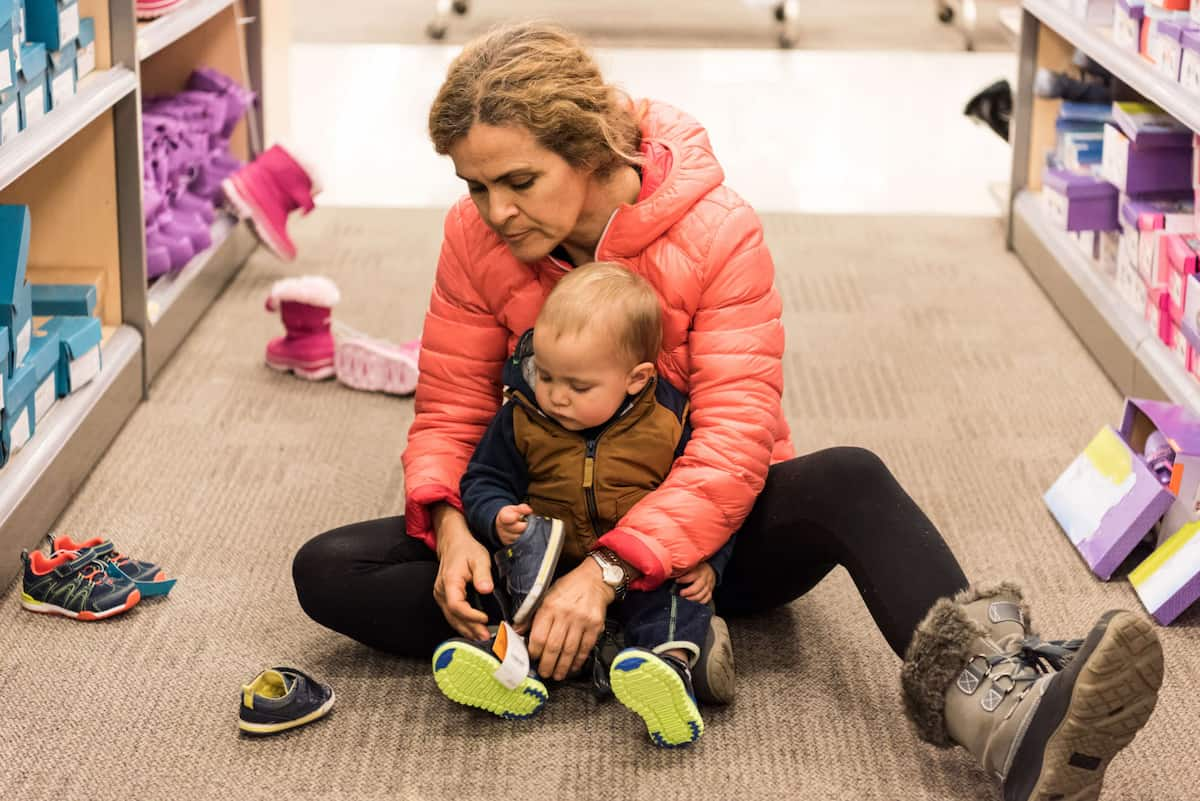
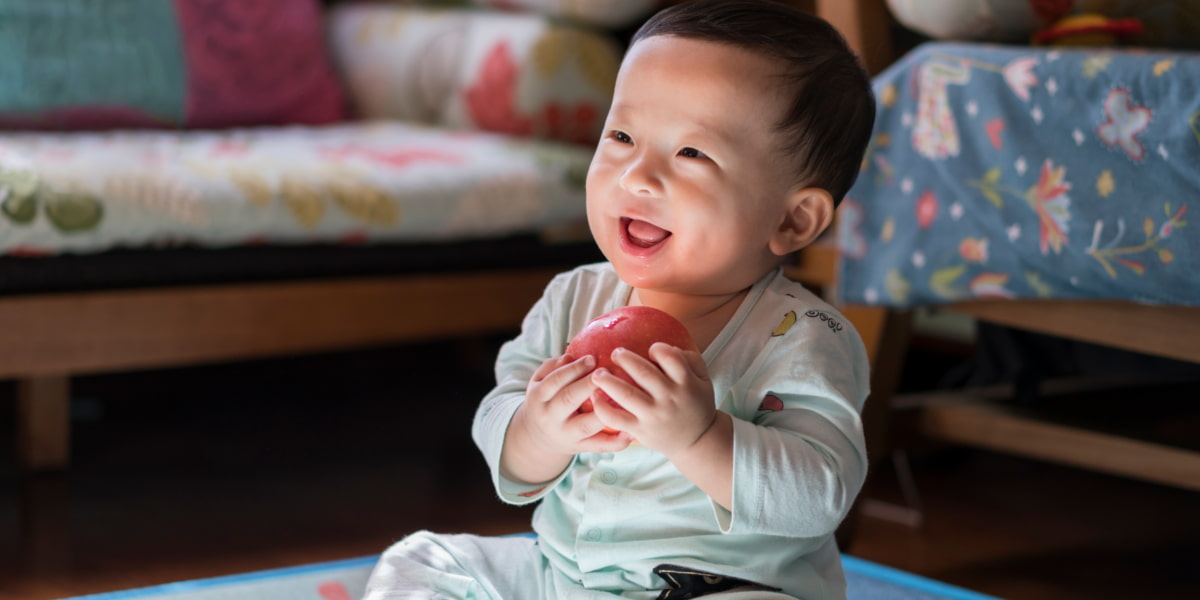
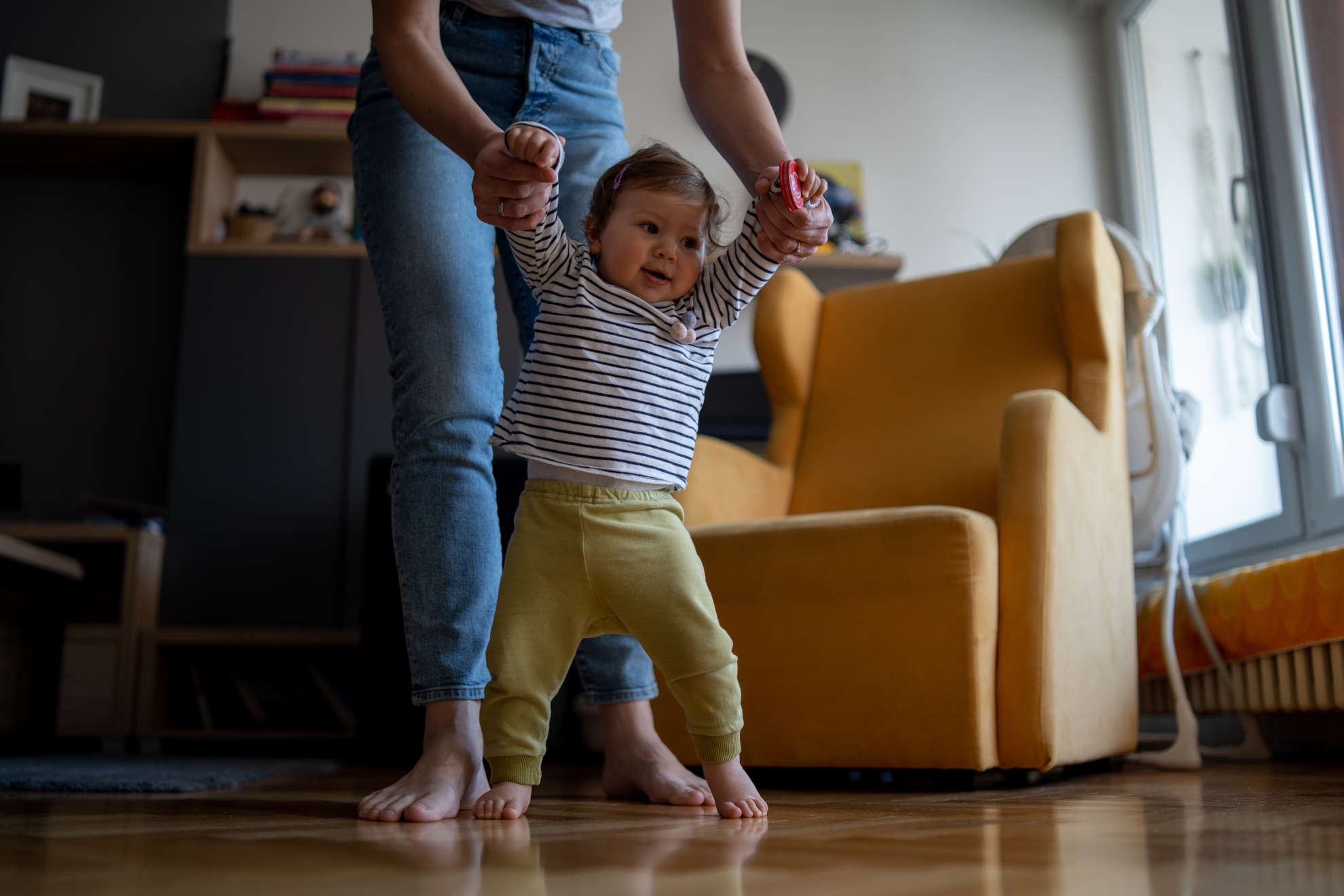
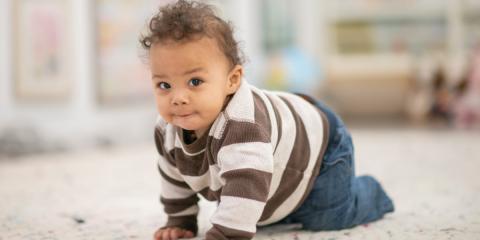
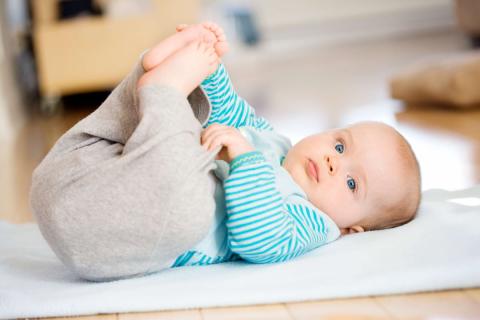
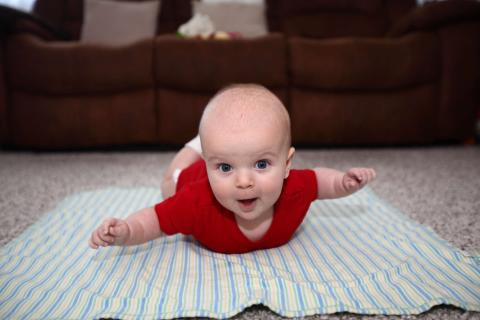
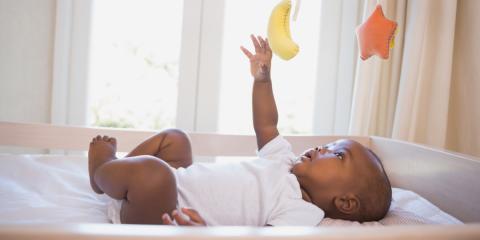
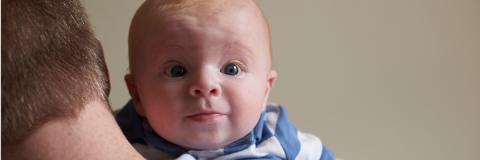
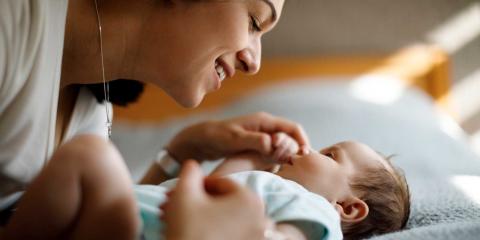
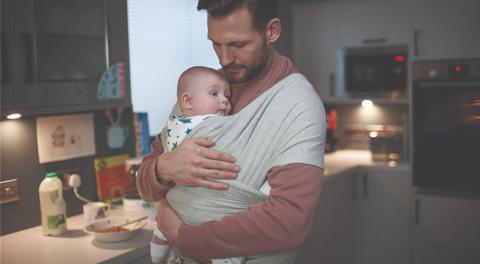
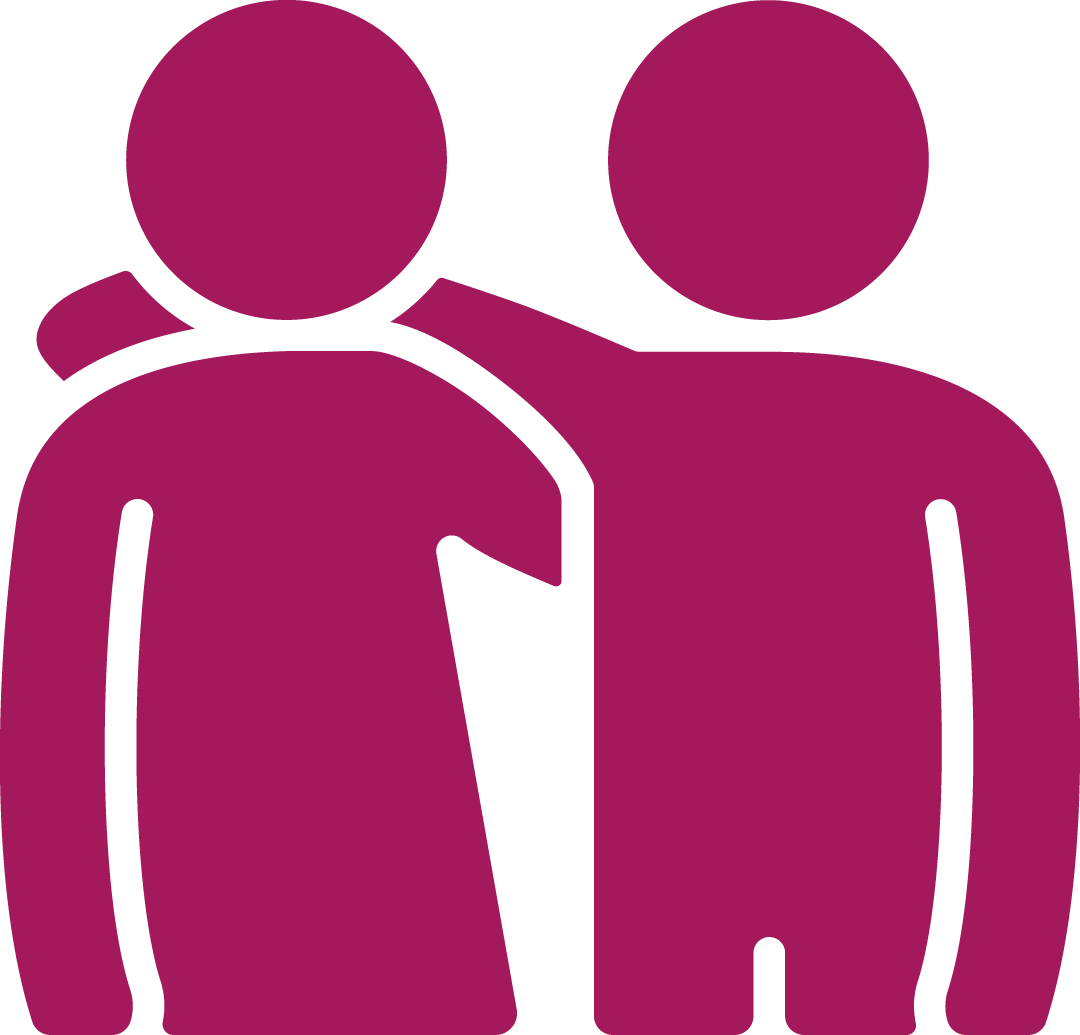 Family, Friends & Relationships
Family, Friends & Relationships
 Mental Health & Wellbeing
Mental Health & Wellbeing